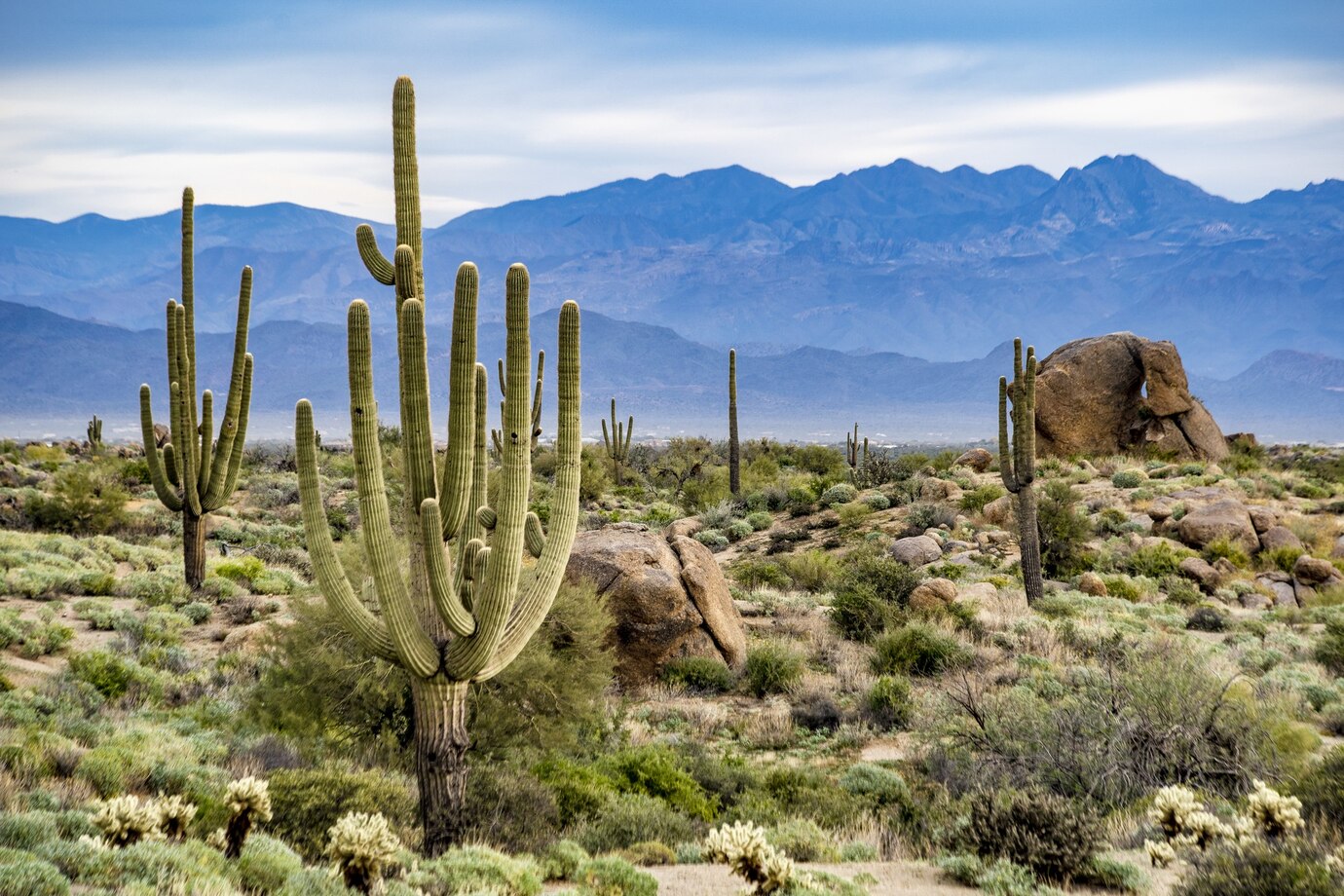These life hacks for survival will not save, but harm: What does not work in real life
 What life hacks for survival don't work (photo: Freepik)
What life hacks for survival don't work (photo: Freepik)
Survival life hacks are often based on common myths that, while seeming plausible, can actually lead to dangerous consequences. It's worth knowing what works only in movies but can be harmful in real life.
Using river stone for cooking
The myth that river rock is the perfect surface for cooking over a fire can have serious consequences. Stones, especially those near water, can contain moisture inside.
In case of contact with fire, these stones can crack or even explode, posing a danger to your health. Instead, it is better to use surfaces or utensils specially prepared for such purposes.
Lightning never strikes twice in the same place
There is a common belief that lightning cannot strike twice in the same place. In fact, this is not true. If lightning finds a favorite path for its strike, it can repeat it many times. This is one of the reasons why lightning rods use special systems to bring lightning strikes to a specific location.
If you're being chased by a shark, you should run away
Many people believe that the best way to escape from a shark is to run away. However, this can only increase its interest and prolong the chase. Instead, you should stay calm and try to change the shark's direction by gently pushing it away from you. Sharks can be curious but are often not a threat if you behave properly.
It's best not to poke a shark (photo: Freepik)
Escape from the flood by swimming
Many people believe that escaping from a flood by swimming is a realistic way to escape. However, the force of the water during floods is so great that even the best swimmers can be pulled underwater. In addition, dangerous objects such as downed power lines or tree debris can be encountered in flood waters.
Drinking alcohol when you are freezing
Some people believe that alcohol helps keep you warm when you are stuck in the cold. In fact, alcohol dilates blood vessels, which can lead to heat loss. As a result, although you may feel warmer, your overall body temperature decreases, which can lead to hypothermia.
Drinking water from a cactus
The myth that cactus water can be used to quench your thirst can have serious consequences. The liquid in cacti, although it looks like water, actually has a high acid content and can cause diarrhea, which will only exacerbate dehydration. In case of an emergency, it is better to look for other sources of water or ways to purify it.
Cacti are not a reliable source of water (photo: Freepik)
Saving water in the desert
The myth that saving water in the desert is the best way to survive can lead to dehydration. It's important to use water in moderation to keep your mind clear and not panic. Even if you're in a brutal heat wave, it's better to drink water regularly than to try to stretch your supply for a long time.
Water filtration from seawater
There is a misunderstanding that you can filter seawater using natural methods, such as absorbing water through tissue in the body.
Not only does this not work, but it can also lead to serious dehydration, as salt will pull fluid from the tissues. In marine conditions, it is best to use special filters to purify water or find other ways to collect fresh water.
You may also be interested in
- 10 not-so-pleasant facts about air travel that are hidden from passengers
- 8 ways to survive a plane crash
Sources: How Stuff Works, Lifehacker, Wikipedia.

